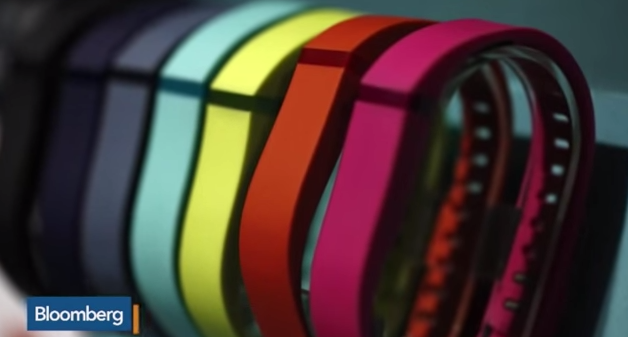New Google Wristbands Allow Doctors To Track Your Health: Is This The Push Telehealth Needs?

Google’s done it again: pushing forward with a new health device that aims to integrate technology more in daily life. The new device would be a wristband, similar to a Fitbit, that could allow doctors to track patients throughout the day.
In addition to detecting a person’s vitals like pulse, heart rhythm, and skin temperature, the wristband would also be able to measure environmental data like light and noise.
But compared to the commercial uses of Fitbit, which measures a person’s number of steps walked, the quality of their sleep, and other personal activity/exercise goals, Google’s device will be far more clinical — prescribed to patients by doctors, and used in research.
“Our intended use is for this to become a medical device that’s prescribed to patients or used for clinical trials,” Andy Conrad, head of the life sciences team at Google, told Bloomberg. In other words, doctors and researchers would be able to track patients and study participants outside of the doctor’s office, as they go about their daily lives.
However, it’s uncertain whether the new device would increase the use of telehealth — or telemedicine — in general. Telehealth involves the use of technology in the doctor-patient experience (from sending e-mails to remote/Skype doctor consultations).
It would be way easier for doctors to monitor their patients in real-time, in between office visits. This could reduce complications, allowing doctors to communicate with patients and prevent things before they happen. In theory, this would also allow more people to get in contact with specialists or researchers who are inaccessible to their current location.
But here’s the difference: Google is trying to inspire patients to begin taking action on their own, and play a larger role in gathering information and communicating with doctors about their health. “Historically, doctors do everything — patients just need to turn up at the trial site,” Kara Dennis, managing director of mobile health at Medidata, told Bloomberg. “Now, we’re asking patients to take on meaningful responsibility in gathering information.”
One day, we may all have one of these devices — and take more of an active role in our health from afar.
Published by Medicaldaily.com



























